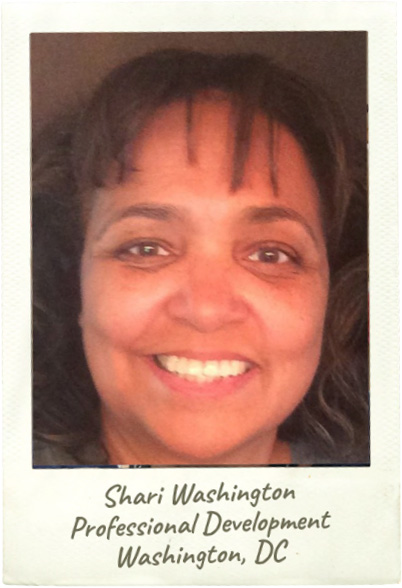NO ONE SHOULD HAVE TO DIE ALONE
Sixteen years ago, I worked nights in the surgical ICU of our Central NY hospital. I had only been there a few years, so I was still the “newbie.” Newer ICU nurses always received the empty bed assignments because they were usually good admission experiences. This midnight, I had the empty bed, along with another patient who required hourly monitoring following a surgical procedure. The patient being admitted to me from our ER was a very elderly gentleman, who was in his last hours of life. I believe he was admitted from a nursing home, after being discovered unresponsive on nighttime rounds.
I had never had a patient without family, no less one who was going to pass from this earth at any time.
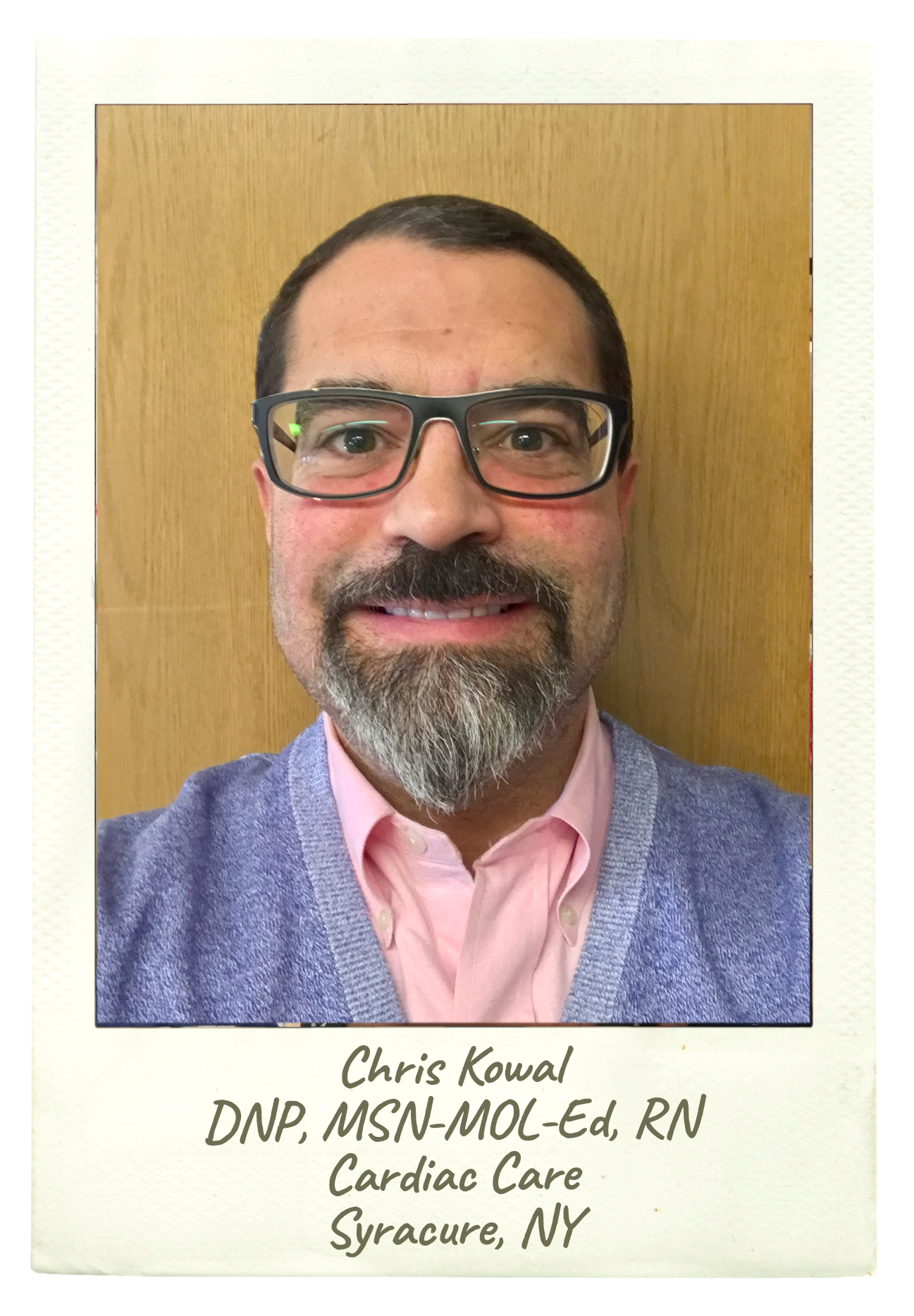

The gentleman was a “Do Not Resuscitate (DNR),” and it gave me pause to try and understand why he was being admitted to the ICU if he did not want to be revived should his heart stop. It was not long after I admitted this patient, who was still greatly unresponsive, but maintaining minimal vital signs on IV fluids only, when I was told by the covering practitioner that the man had no family, and other than his DNR, he had no other wishes in writing. The practitioner had to go see other patients, and many of my work colleagues were at nightly dinner in the break room on the ICU.
As my patient was not awake enough to speak and his heart rate was slowing down (but it never slowed to a long pause or stop on each episode), I was at a standstill as to what to do. I had never had a patient without family, no less one who was going to pass from this earth at any time. Being the middle of the night, and with limited patient history, I could not even call on a spiritual care colleague to help him (and me).
Finally, I did what I never thought ICU nurses did (or any nurses did except one whom I met many years prior to this occasion when I was working as a nurse aide). The flash-thought of what I witnessed her do back then gave me direction and purpose. I closed the curtain to the outside unit, sat in bed next to the gentleman, held his hand and then clung to him, alongside his frail body, and told him, “It is OK. You are loved, and you have permission to leave when you feel it right.”
I was in a state of fear (for being in a patient’s bed and consoling him as he neared a natural death). But at the time, it felt right. It was only a matter of minutes after I held onto him that I heard the familiar long EKG alarm, and I noticed he was not breathing anymore. I respectfully wished his spirit well, began to cry uncontrollably, and I turned off the EKG and alarms. It was not my first patient to pass away, but it was one I will never forget. No one should have to die alone.


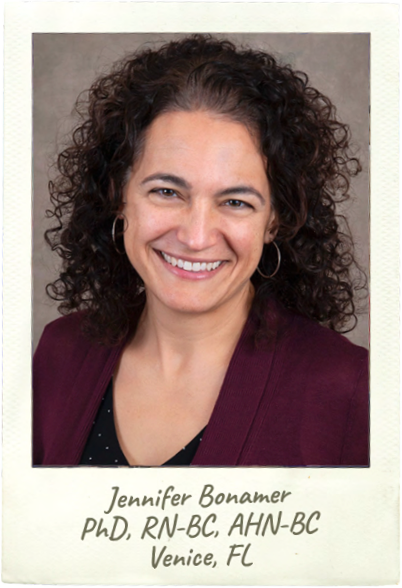

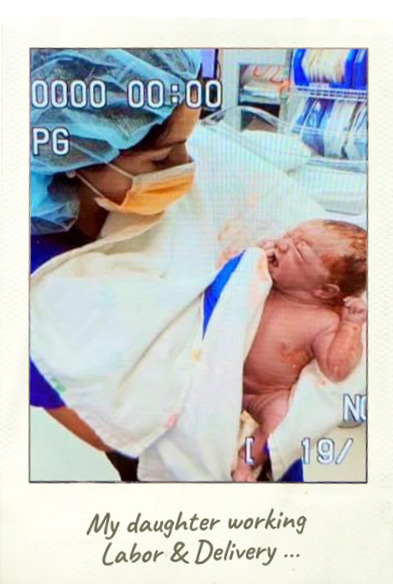
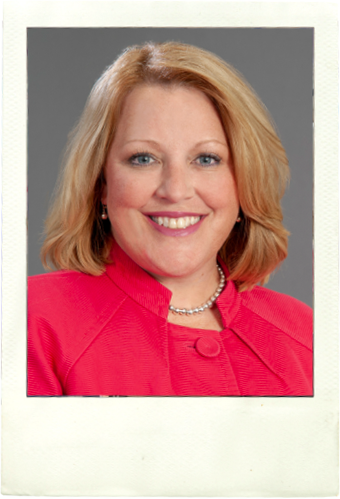

 nurse
nurse